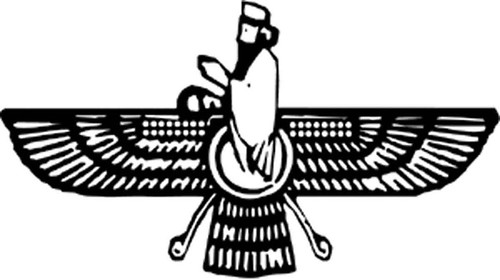Many of you attended the Arabian Nights festival held on campus this week and enjoyed good food, good music and Arabic Poetry. I’m so pleased with the enthusiasm I’m seeing in all of you. Our attendance at lectures, films and other activities can only enhance the opportunities to learn in this course. Please feel free to comment on your experience with ‘immersion’ in readings, films, maps, current events and any of the other paths to learning that have been employed in this course. What has been MOST useful to you? Most fun? Most interesting? Enhanced your learning?
Posts and Responses
Harems, veils, and stereotypes … OH MY!
Several of the readings and films we’ve read and seen present women in ways that shatter the stereotype of the powerless, Middle Eastern female. What examples have been most important and instructive for you?
“Battle of Algiers”
The movie of the week is “Battle of Algiers”. This film is about Algeria’s fight against the French for independence (1954-1962). Please submit a 1 page typed summary for extra credit. This fits in nicely with Burke & Yaghoubian’s move into the Colonial period.
World Affairs Council – Iran Speaker
Several students attended Tuesday’s lecture at the Jefferson, but came away with different impresssions. Please take some time to summarize and reflect on what you learned at this lecture (being sure to respect the opinions of others in the process). Thanks again to Chandana and the Office of International Education for this great opportunity.
Tradition! … tradition?
In his recent text, “The Modern Middle East”, Mehran Kamrava states:
“It is often suggested in the Western press that Middle Easterners either must side with the forces of growth and progress (rashly equated with westernization) or remain in the clutches of the dead hand of tradition. This view is based on a notion of non-Western cultures as static and unreflective, stifled by authoritarian doctrines and unchanging consensus on social, moral, and intellectual issues. The hand of tradition, however, turns out to be more animated (and more manipulated) than one might suppose. Even in the most stable societies, cultural consensus is partially offset by ambiguities within the traditions and by diverse strategies of interpretation.”
What examples can you think of (from readings, film, or class discussions) that break down notions of tradition?
Presentation on Zoroastrianism

Discovering Many Faiths: Zoroastrian Faith
Presented by the UR Chaplaincy and the Interfaith Council of Greater Richmond
Thursday, March 4, 2010, 6:30 pm
Keller Hall Reception Room
Zoroastrianism is an ancient monotheistic religion rooted in Iran that has influenced some of the major monotheistic religions of the present day, including Judaism and Christianity. As Rick Steves points out in his video on Iran, the history of Persian culture predates Islam, and the Zoroastrian faith is fundamental to understanding that rich history. In his lecture at the World Affairs Council on February 23, Dr. Michael Ledeen claimed there is a significant underground Zoroastrian movement in Iran contributing to the precarious position of the current regime. The largest Zoroastrian populations known to exist today are located in Iran and in India, where they are known as Parsis.
If you would like to learn more about the Zoroastrian faith, you are invited to attend the Office of the Chaplaincy's presentation this Thursday starting at 6:30 pm in Keller Hall Reception Room. I hope to see you there€”this is a great opportunity!
Rick Steves’ Iran: Yesterday and Today
View Rick Steves’ Iran in a larger map
Current Events: 19 February 2010
View Current Events: 19 February 2010 in a larger map
Chapter 7 (Bibi Maryam: A Bakhtiyari Tribal Woman)
View Bibi Maryam; A Bakhtiyari Tribal Woman in a larger map
Chapter 6 (Mohand N’Hamoucha: Middle Atlas Berber)
View Morocco and the Middle Atlas Berbers in a larger map